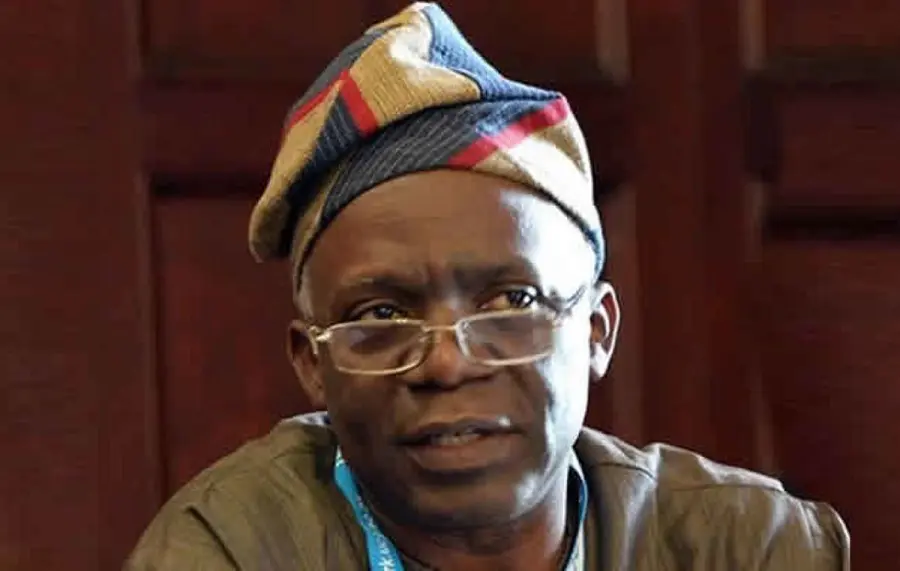Human rights lawyer, Femi Falana, SAN, has alleged that the controversial removal of petrol subsidy was not a decision independently taken by the Nigerian government but one imposed by the World Bank and the International Monetary Fund (IMF).
Falana, who spoke on Channels Television’s Sunday Politics programme, said it was misleading to suggest that Nigeria was following a global economic standard, insisting that no country in the world has completely abolished subsidies.
“There’s no way you can remove subsidies completely; no country in the world has done that,” he said.
“Even leading Western nations like the United States, the United Kingdom and France subsidise electricity, agriculture and many aspects of people’s lives.”
President Bola Tinubu had announced the removal of petrol subsidy on May 29, 2023, during his inauguration.
The Central Bank of Nigeria (CBN) followed with the unification of the foreign exchange market. Both policies have triggered soaring inflation and worsened the cost of living crisis in the country.
Falana argued that the government had no moral basis to impose additional fuel surcharges on Nigerians, warning that a proposed five percent levy would further punish already overstretched citizens.
He cited the provisions of Section 14 of the Federal Roads Maintenance Agency (FERMA) Act, 2007, which stipulated a five percent user charge on fuel sales to fund federal and state roads.
According to him, although regulators deducted the levy from petroleum sales between 2007 and 2011, FERMA confirmed that it never received any remittance.
“By 2011, when we asked FERMA how much was collected, they told us that government never gave them a kobo,” Falana said.
“In 2022, even the Senate confirmed that over one trillion naira was owed to FERMA. Before introducing new levies, government must tell Nigerians what happened to those deductions.”
The senior lawyer warned that imposing fresh taxes without accountability would amount to multiple taxation.
Falana also urged the government to stop the dollarisation of transactions in Nigeria, stressing that it is a criminal offence to reject the naira in favour of foreign currency.
He maintained that if subsidy removal was truly a Nigerian policy, the government should have domesticated alternatives to cushion the impact, rather than yielding to IMF and World Bank pressure.
Do you want to share a story with us? Do you want to advertise with us? Do you need publicity for a product, service, or event? Contact us on WhatsApp +2348183319097 Email: platformtimes@gmail.com
We are committed to impactful investigative journalism for human interest and social justice. Your donation will help us tell more stories. Kindly donate any amount HERE




